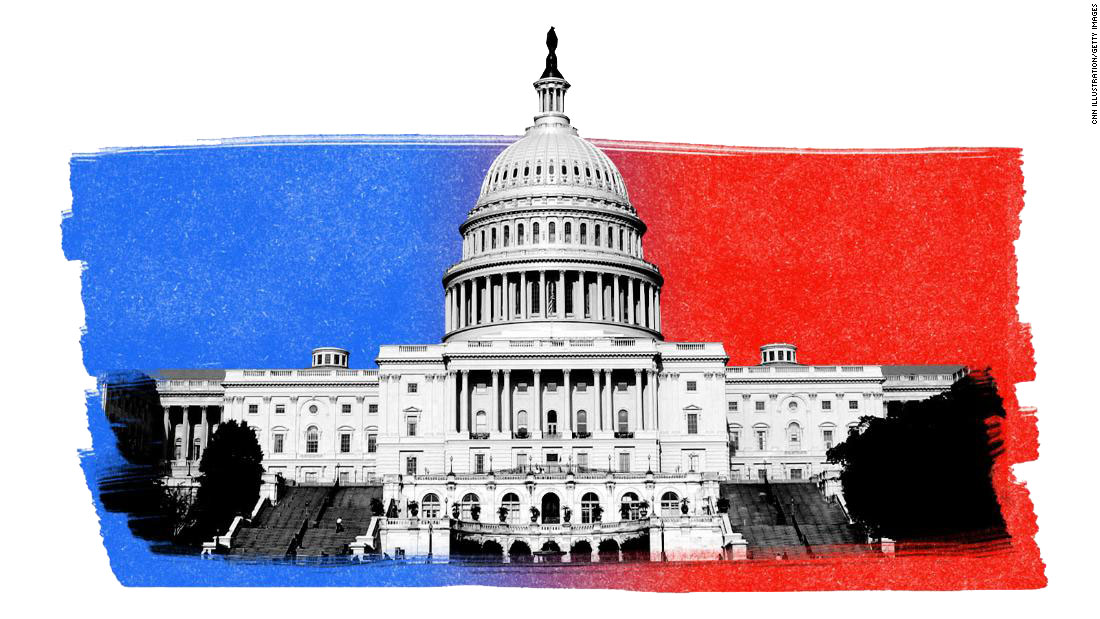
Introduction:
In a significant development for the US business landscape, the US House Financial Services Committee has recently approved 15 new pieces of legislation aimed at expanding access to capital for growing companies and encouraging middle- and late-market companies to go public. While the road to becoming law is long and complex, the collaborative hearings and broad support received thus far are encouraging signs of bipartisan effort to drive positive change for businesses. This article explores three key bills that could reshape the startup funding ecosystem if enacted and provides insights into their potential implications.
Expanding Access to Capital Act (H.R. 2799) :
The Expanding Access to Capital Act passed with a divided vote of 28 ayes to 21 nays, making it the most contentious bill among the three discussed here. It proposes a substantial enhancement to Regulation A+ by doubling the maximum offering amount from $75 million to $150 million per 12-month period. This revision would make the exemption far more attractive to larger, more established startups with greater capital requirements. Additionally, the bill seeks to streamline the process for certain low-revenue companies to raise funds from accredited investors, eliminating the need for complex and costly SEC registration. H.R. 2799 aims to ease access to capital for small and medium-sized businesses, empowering them to grow and thrive.
Accredited Investor Definition Review Act (H.R. 1579) :
The Accredited Investor Definition Review Act seeks to broaden the definition of "accredited investor" to expand the pool of individuals and entities eligible to invest in private securities offerings. Currently, the definition relies on income and net worth requirements that have remained unchanged for many years, failing to account for the potential financial acumen of individuals beyond their wealth. Entrepreneurs and venture capitalists have argued that these restrictions are not only burdensome but also unfair. The bill proposes that the Securities and Exchange Commission (SEC) periodically reviews the accredited investor definition, considering factors like education, certifications, and experience. Advocates hope that this review will gradually include more non-wealthy individuals who can demonstrate their financial expertise. A related bill, the Equal Opportunity for All Investors Act (H.R. 2797), would allow investors to qualify by passing an examination or course, offering a cost-effective and efficient avenue for knowledgeable investors without formal credentials.
Middle Market IPO Underwriting Cost Act (H.R. 2812) :
In the face of a decade-low number of quarterly initial public offerings (IPOs) in the US, the Middle Market IPO Underwriting Cost Act addresses the challenges faced by small- and medium-sized companies seeking to go public. With economic uncertainty and poor stock market performance, many companies are postponing their IPO plans. This backlog of potential public listings impacts earlier-stage companies, resulting in fewer and smaller deals with investor-favored terms. This bill calls for the SEC and FINRA to conduct a study on the costs incurred by small- and medium-sized businesses during the IPO process. The study aims to analyze the impact of these costs and provide recommendations to Congress. By identifying and addressing the burdensome costs associated with going public, the bill seeks to revitalize the IPO landscape and unlock funding opportunities for growth-oriented companies.
What's Next:
While the approval by the House Financial Services Committee is a significant milestone, it is important to note that the journey to becoming law involves several subsequent stages. The bills will need to be debated, voted on, and achieve a simple majority in the House of Representatives. Then, they will proceed to the Senate for committee review and a subsequent vote. If the bills garner majority support in the Senate, they will reach the President's desk for final approval. The bipartisan support witnessed thus far suggests a shared commitment to enhancing opportunities for companies and investors alike.
Conclusion:
The proposed capital reform measures have the potential to reshape the funding landscape for startups and growing companies in the United States. If enacted, these bills could expand access to capital, redefine the accredited investor definition, and address the challenges faced by companies seeking to go public. While the path to becoming law is complex, early indicators point to broad support for these initiatives. By facilitating growth and empowering businesses to tap into funding opportunities, these measures aim to drive innovation, economic development, and broader access to investment opportunities.
Disclaimer
An offering statement regarding this offering has been filed with the SEC. The SEC has qualified that offering statement, which only means that the company may make sales of the securities described by the offering statement. It does not mean that the SEC has approved, passed upon the merits or passed upon the accuracy or completeness of the information in the offering statement. The offering circular that is part of that offering statement is at https://vdr.ohanae.com/projects/ohanae. You should read the offering circular before making any investment.
Ohanae Securities LLC is a subsidiary of Ohanae, Inc. and member of FINRA/SIPC. Additional information about Ohanae Securities LLC can be found on BrokerCheck. Ohanae Securities LLC is in discussions with FINRA about exploring the expansion of business lines for the broker/dealer. Any statements regarding abilities of Ohanae Securities LLC are subject to FINRA approval and there are no guarantees FINRA will approve the broker/dealer’s expansion.
Ohanae Securities is seeking approval to be a special purpose broker-dealer that is performing the full set of broker-dealer functions with respect to digital asset securities – including maintaining custody of these assets – in a manner that addresses the unique attributes of digital asset securities and minimizes risk to investors and other market participants. If approved, Ohanae Securities will limit its business to digital asset securities to isolate risk and having policies and procedures to, among other things, assess a given digital asset security’s distributed ledger technology and protect the private keys necessary to transfer the digital asset security.